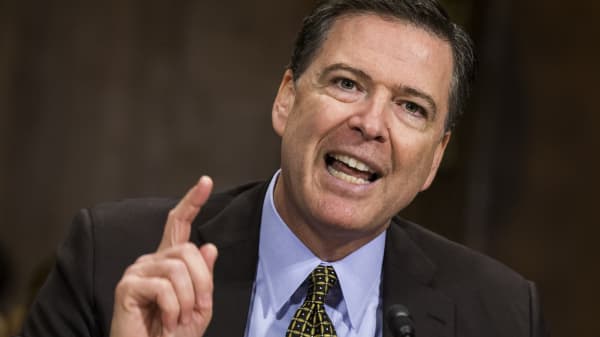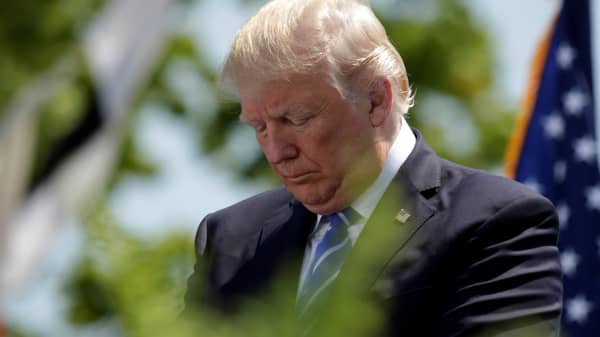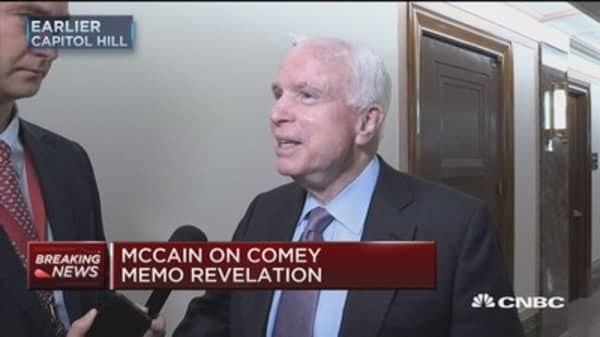Former FBI Director James Comey may have been building a case against President Donald Trump before he was fired, a former Justice Department official said.
News that Comey wrote a memo in February detailing how Trump urged him to stand down on an investigation into fired national security advisor Michael Flynn has stunned the White House, Capitol Hill and much of the public.
But the existence of the document should come as no surprise to those who know the career law enforcement officer, according to Matthew Miller, a former Justice Department
In fact, the document may have been more than an afterthought after a troubling Oval Office conversation, he said.
"I think there is a good possibility that Jim Comey continued to have these conversations with the president because he was actually building an obstruction of justice case," Miller told MSNBC on Wednesday.






